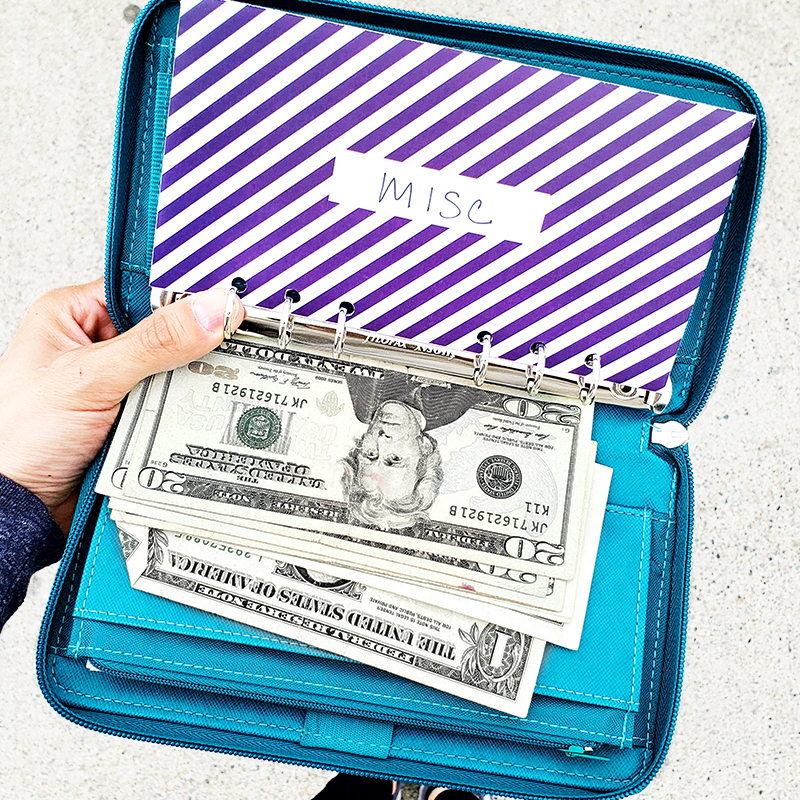
There are many incredible benefits of being self-employed. For some folks, it’s the convenience of being able to work whenever, wherever they want. For others, it’s the ability to focus on work that they’re passionate about, pursuing their dreams and ambitions. And yet for some, it’s simply the joy of having the final say in all business decisions.
But the one drawback is that you don’t have access to established benefits packages.
Yet… this provides an incredible opportunity: Similar to running your business, you have the ability to shape, define, refine, and actualize your own retirement goals.
You don’t have to rely on someone else, invest in confusing retirement plans, or deal with HR when it’s time to finally retire.
In other words, retirement is in your hands – and while that might make it seem stressful, it’s actually an exciting opportunity to make the most of it.

So that raises the question:
How Can You Save for Retirement?
The first step is to know how much you want to save. Remember, SMART (Specific, Measurable, Attainable, Relevant, Time-Bound) goals are the cornerstone of every financial endeavor. Without setting a SMART goal, you’ll be saving for retirement without a plan.
Most financial advisors and institutions, including Fidelity, recommend an age based calculation. According to them, you’ll want to have 10x your current income saved by the time you retire, which is age 67.
So if your income is $55,000 per year, a good goal might be to have $550,000 saved for retirement.
However, other advisors recommend framing it another way: You should still be taking in 80% of your pre-retirement income. So if you’re making $55,000 a year now, you’ll want $44,000 a year in retirement to maintain your lifestyle and travel. Simply multiply that by the average length of retirement (18 years), and you’ll have a goal to consider. In this situation, your goal would be $792,000.
Of course, neither of these are “rules” you have to follow. You still have to think about your own unique lifestyle needs and personal circumstances. Your final goal will differ, but these might provide some guide posts of where to begin.
To get there, here are some retirement savings ideas to consider:
- Consider saving 15% of your yearly income for retirement. The earlier you start saving, the better. This is because compound interest and time will work in your favor. Conversely, the later you start, the more you’ll have to save to “make up for lost time.” This 15% figure is based on saving beginning at age 25.
- Consider building it into the budget/automating your savings. For many people, saving for retirement is an afterthought. By incorporating it into your budget and automating your savings, you are “paying yourself first.” Your future is as much of a priority as your bills and current cost of living.
- Consider starting immediately (if you haven’t already). Again, earlier is better, but it’s never too late to start. Yes, late is better than never. Don’t let negative thoughts or shame prevent you from saving for your future. Everyone has made financial mistakes in the past, but it’s how you move forward that matters.
- Consider opening a retirement account rather than a savings account. The average savings account interest rate is a paltry 0.13%. Compare that to the stock market, which over the long run, averages an estimated 9-13% return annually for investors. While there are downturns, the historic track record suggests that growth years far outnumber the losses.
- Consider reigning in your spending. Every dollar you save can be applied towards debt, emergency savings, or your retirement account! While a few extra dollars saved here and there might not seem like a lot, it adds up quickly. When combined with compound interest, the difference can be incredible over the course of several years and decades.
- Consider your emergency savings. One of the biggest mistakes you can make is to withdraw from your retirement savings. Not only would it be defeating the purpose of a retirement account, but you’ll be hit with hefty penalties and taxes for withdrawing early. Rather, it’s important to have a separate savings account specifically for your emergency fund. This way, when you need a new tire, have a dental emergency, or need extra money to help cover the bills, you’ll be able to withdraw the money penalty-free.
By considering these tips and tactics, you’ll be able to make the most of your retirement plan as a self employed individual!
What Self-Employment Retirement Plans Are Available?
In a traditional job, your employer will sponsor a retirement plan that you can participate in and take advantage of.
Being self-employed, however, means that you’ll be responsible for shopping around for the best provider (broker) for your retirement accounts.

Reputable brokerages include, but are not limited to:
- Raymond James
- Edward Jones
- Charles Schwab
- Betterment
- Fidelity
- TD Ameritrade
- Vanguard
- And many more
You can even contact your bank to see if they offer brokerage services.
The best retirement plans for you may include:
Traditional or Roth IRA
You may be able to contribute up to $6000 per year to a traditional IRA (or $7000 if you're fifty years old or older). However, it’s important to note that the tax deductions are only applicable for the traditional IRA, whereas the Roth IRA has no immediate deductions, but you can withdraw the money in retirement tax-free.
Solo 401K
With this plan, you make contributions pretax, but withdrawals after age 59½ are taxable. For 2022, the contribution limits are “$61,000, plus a $6,500 catch-up contribution or 100% of earned income, whichever is less.”
SEP IRA
The SEP IRA is considered one of the best options for self-employed individuals or small business owners with no or few employees. It’s important to note that there is no Roth version of a SEP IRA, which means that all of your distributions will be taxed, but you can contribute the lesser of $61,000 or up to 25% of compensation of net self-employment income (with a limit of $305,000). The reason the limit is so high is that there are no catch-up contributions allowed. SEP IRAs are excellent because while you’ll have to do some paperwork, the overall administrative burden is low and there is no annual reporting to the IRS.

